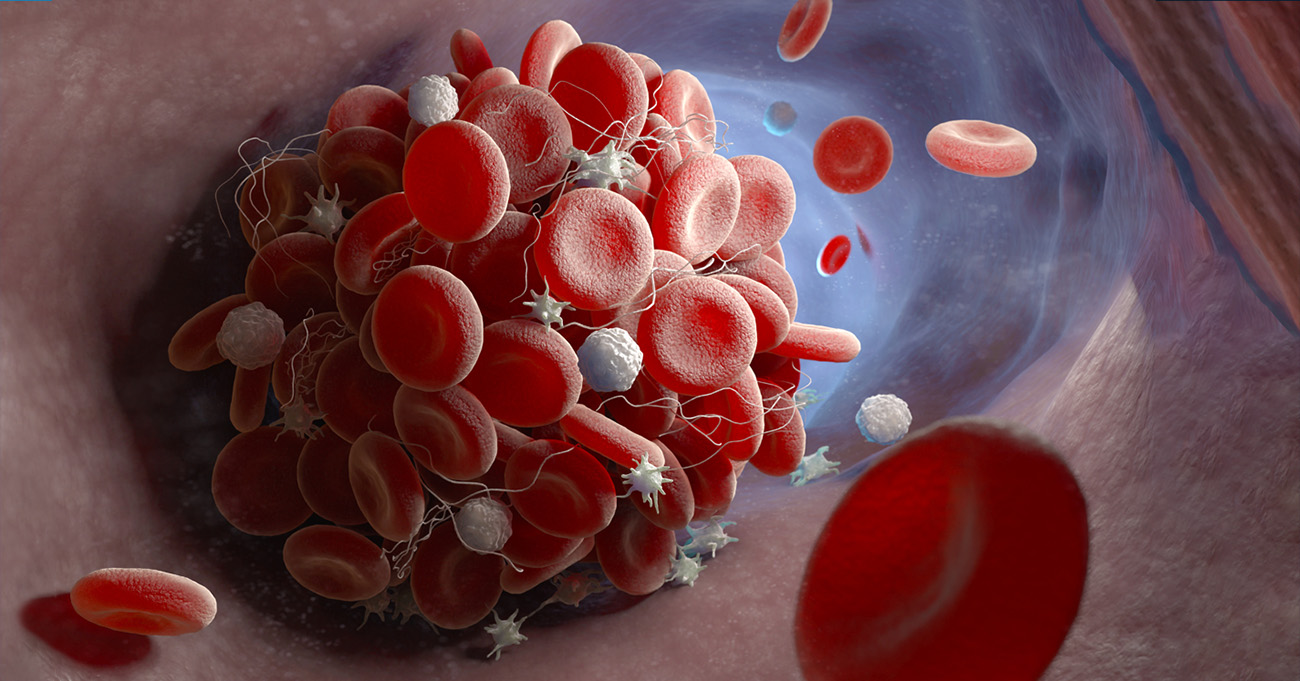Aurora St. Luke’s Medical Center in Milwaukee has joined a clinical trial comparing transfusions with platelets stored at a cold temperature to platelets stored at room temperature.
Platelets are small cell fragments in our blood that form clots to stop or prevent bleeding. Platelet transfusions are used during and after cardiac surgery to control sites of active bleeding.
“When patients require a platelet transfusion during heart surgery, doctors currently use platelets stored at room temperature, which have a shelf-life of about five to seven days,” said cardiothoracic surgeon John Crouch, MD, Advocate Aurora Research Institute’s site principal investigator for the study. “However, some previous studies suggest that cold-stored platelets may work better and have a longer shelf-life than room-temperature platelets.”
The purpose of this study is to determine if cold-stored platelets are similar or better at stopping bleeding compared to room-temperature platelets in participants undergoing complex heart surgery and, if so, to determine how long cold-stored platelets last while still proving effective at controlling bleeding.
“This study could have important ramifications beyond how well transfusions with cold-stored platelets control bleeding during heart surgery,” said Laura Wrona, MSN, director of the Research Institute’s Center for Excellence in Cardiovascular Research. “It’s possible that storing platelets in cold temperatures could reduce the chance of bacterial contamination during transfusion. There may also be logistical advantages to cold storage of platelets, such as reduced waste and the ability for rural hospitals to maintain a greater inventory of platelets for transfusions should they be needed.”
Cold-stored platelets are already approved by the U.S. Food and Drug Administration for use in trauma patients with a maximum storage duration of three days. But this is the first large, multicenter clinical trial evaluating whether cold-stored platelets effectively stop bleeding during cardiopulmonary bypass surgery.
The clinical trial, “CHIlled Platelet Study (CHIPS),” is a collaboration between the University of Utah, University of Minnesota, Washington University, University of Pittsburgh and the U.S. Department of Defense. Researchers plan to enroll 1,000 participants in the study.
To learn more about Advocate Aurora’s research, visit aah.org/research.
